This review article provides an updated analysis of Nigeria's nutrition landscape, highlighting key challenges such as high stunting rates (37%), f
Other content with the tag "Nigeria".

This research paper examines the dynamics of traditional food markets in Nigeria, focusing on how interactions between vendors and consumers shape

This report highlights Nigeria’s high burden of malnutrition, which results in significant economic and health costs.

This report assesses food safety knowledge, attitudes, and practices in Nigerian traditional markets, focusing on Kebbi and Sokoto States.
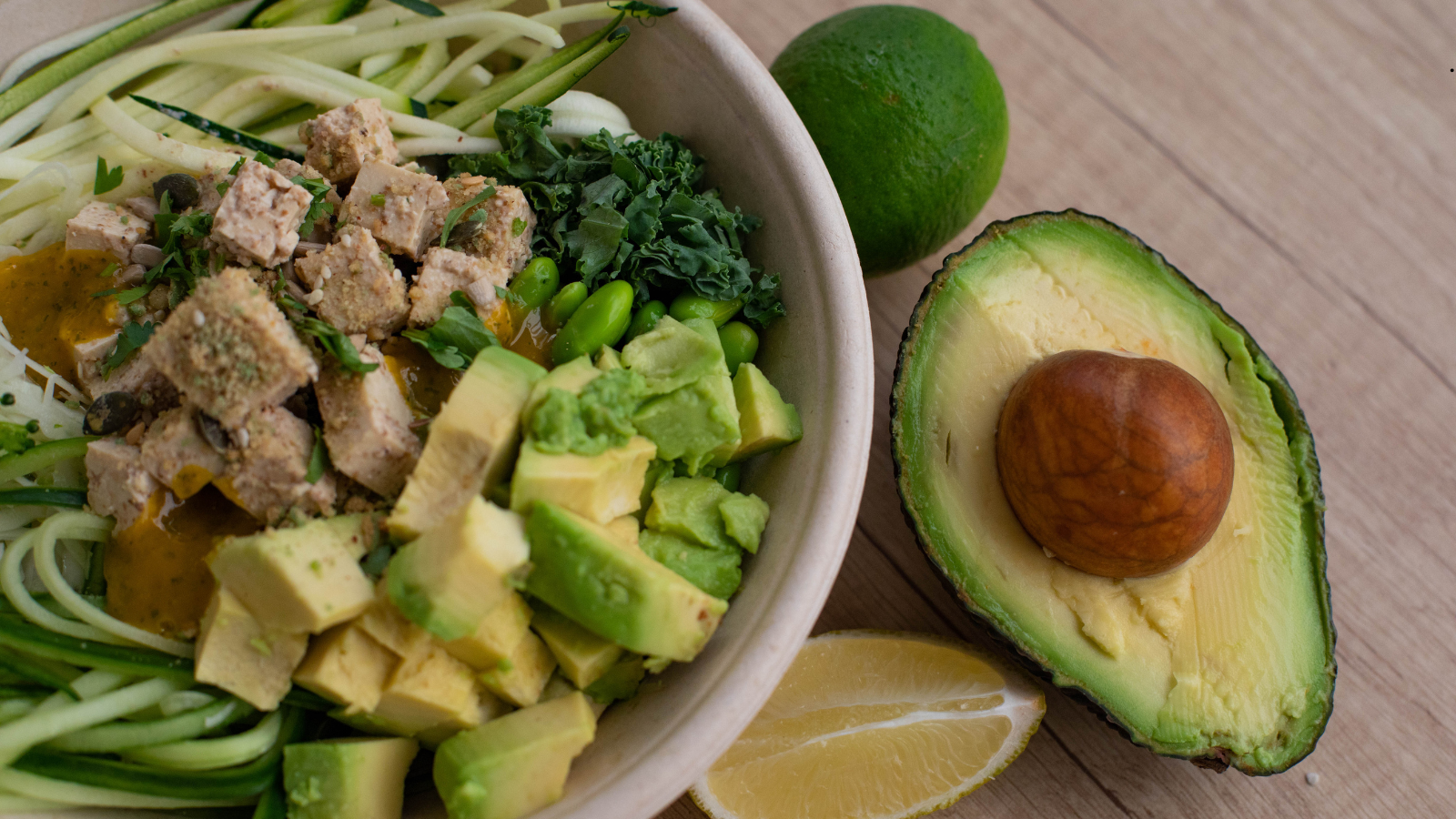
This report focuses on the EatSafe initiative, a USAID Feed the Future program aimed at improving food safety in traditional markets in Nigeria and

This review analyzes the interaction between climate change and the nutrition transition in Nigeria, highlighting the double burden of malnutrition
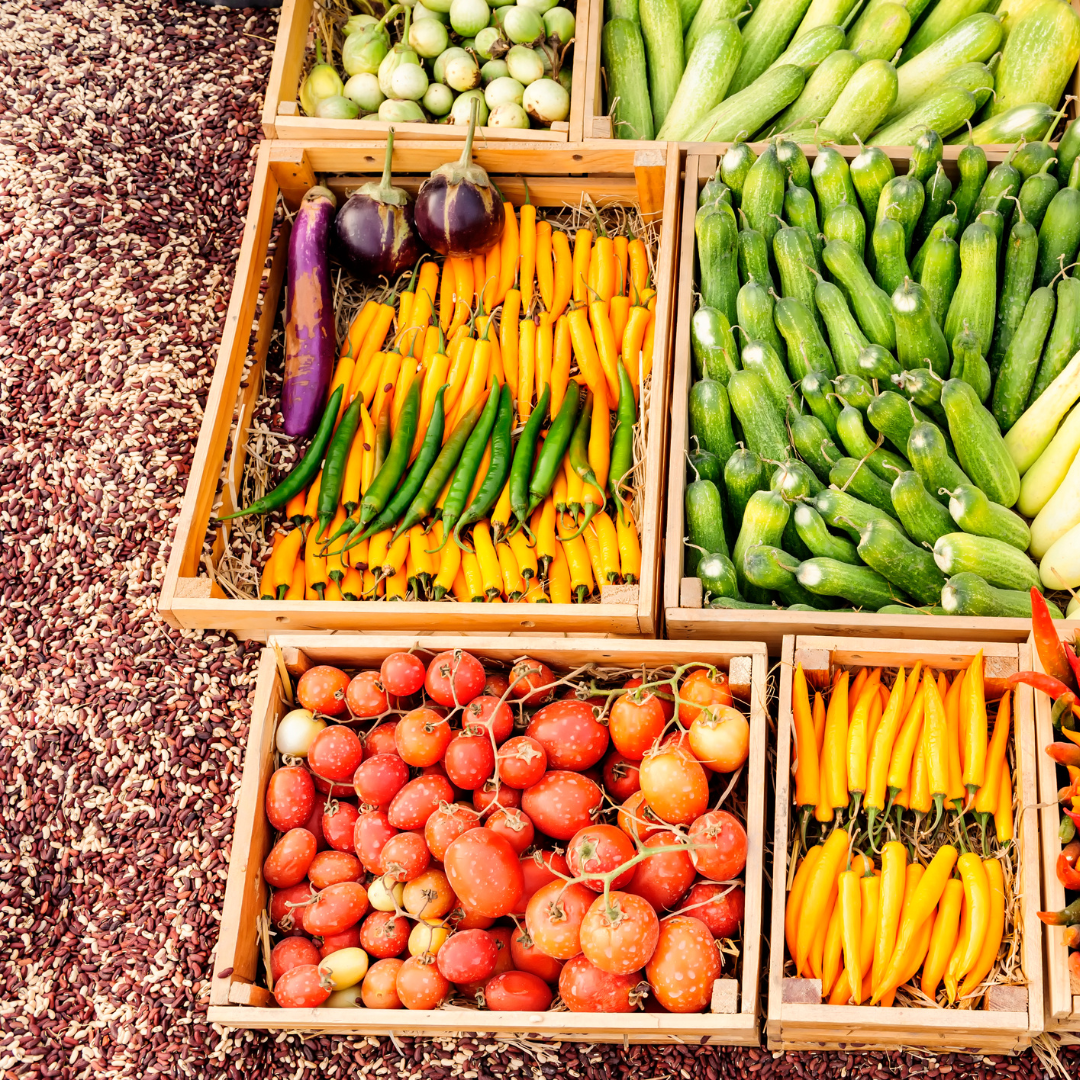
DELIVER Nigeria is a three-year project (July 2024 - June 2027) aimed at improving the livelihoods of smallholder vegetable farmers in Kaduna and K
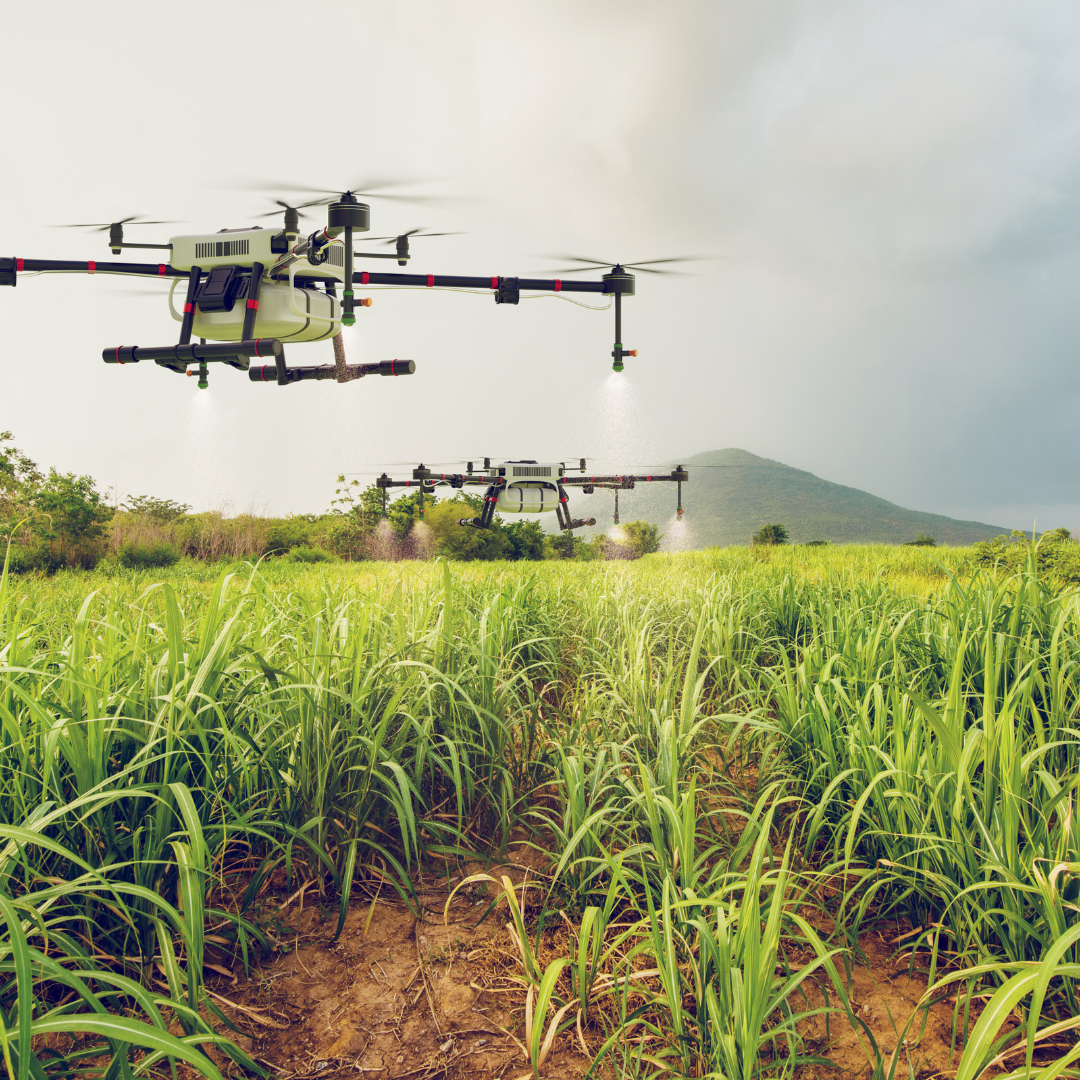
This policy brief evaluates Nigeria's 2016–2025 National Policy on Food and Nutrition and outlines the need for a revised, food systems-transformat
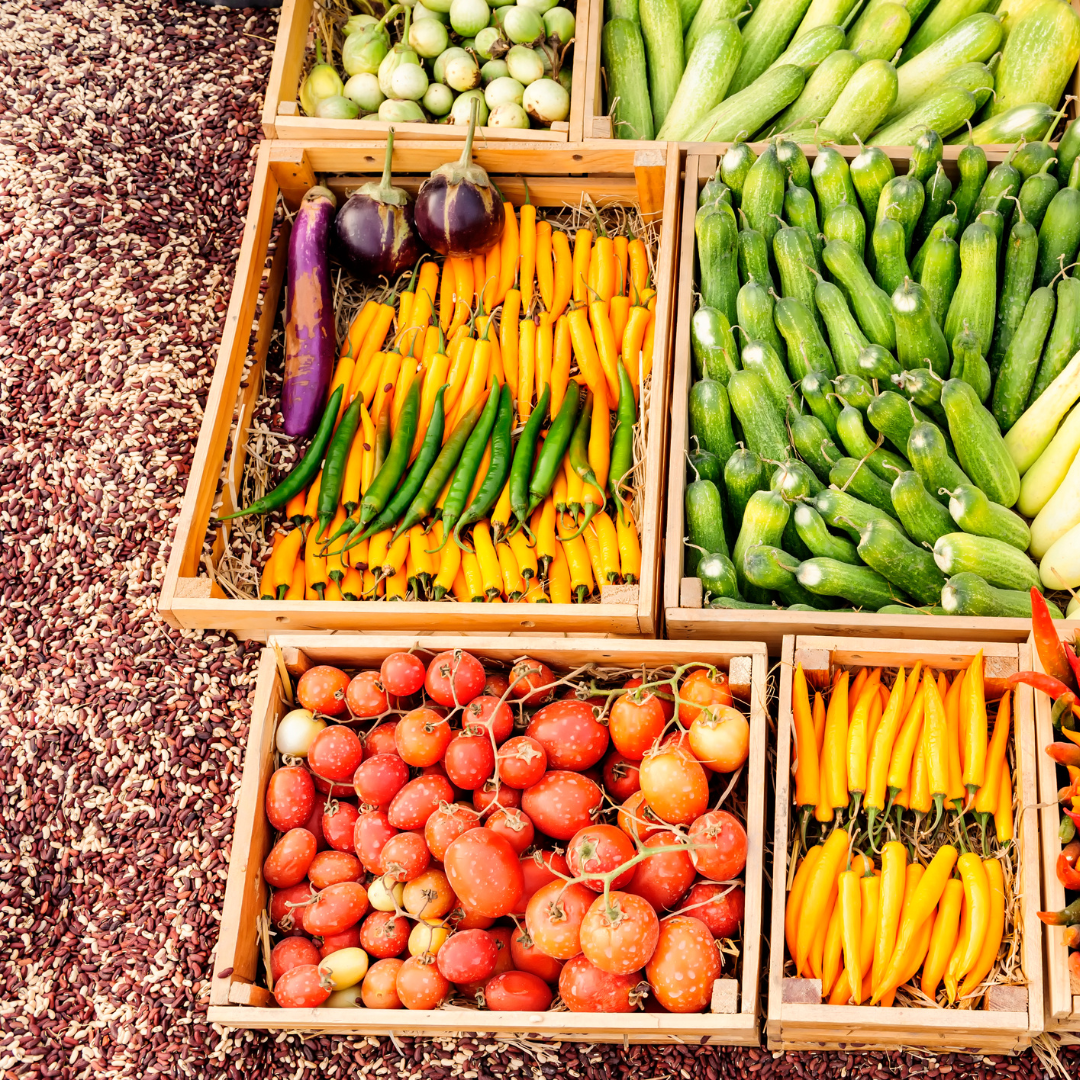
This study examines the role of exposure to agricultural smartphone apps on their adoption and subsequent effects on farm efficiency in Southwest N

This study evaluates the microbial quality of beverages like kunu, zobo, and soymilk sold in reused bottles.

This study examines aflatoxin contamination in cereals (Igbemo rice, maize, and groundnut) from Ekiti State, Nigeria.
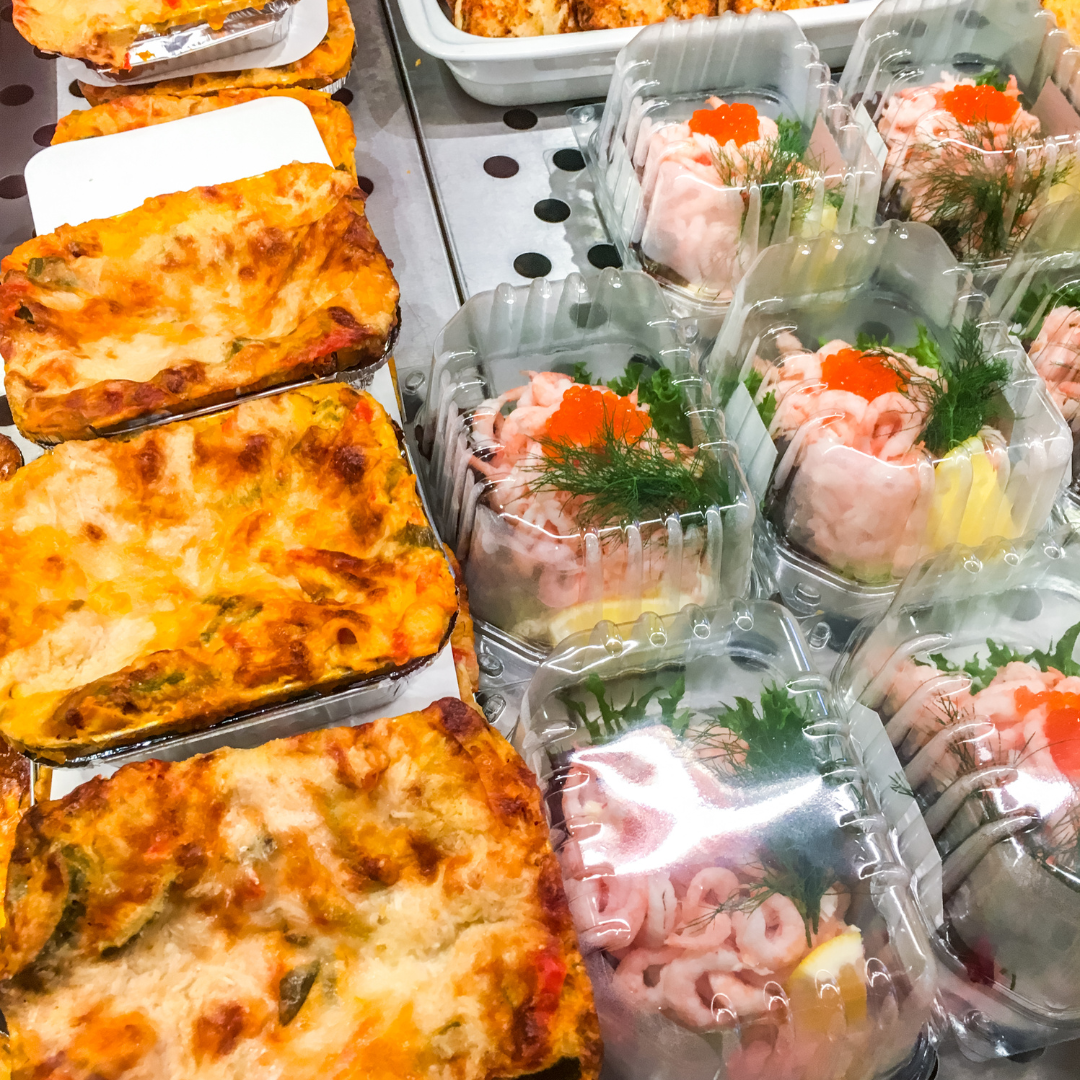
This study investigates the microbial quality and antibiotic resistance of Staphylococcus aureus in ready-to-eat (RTE) foods sold in Obio/Akpor, Ri
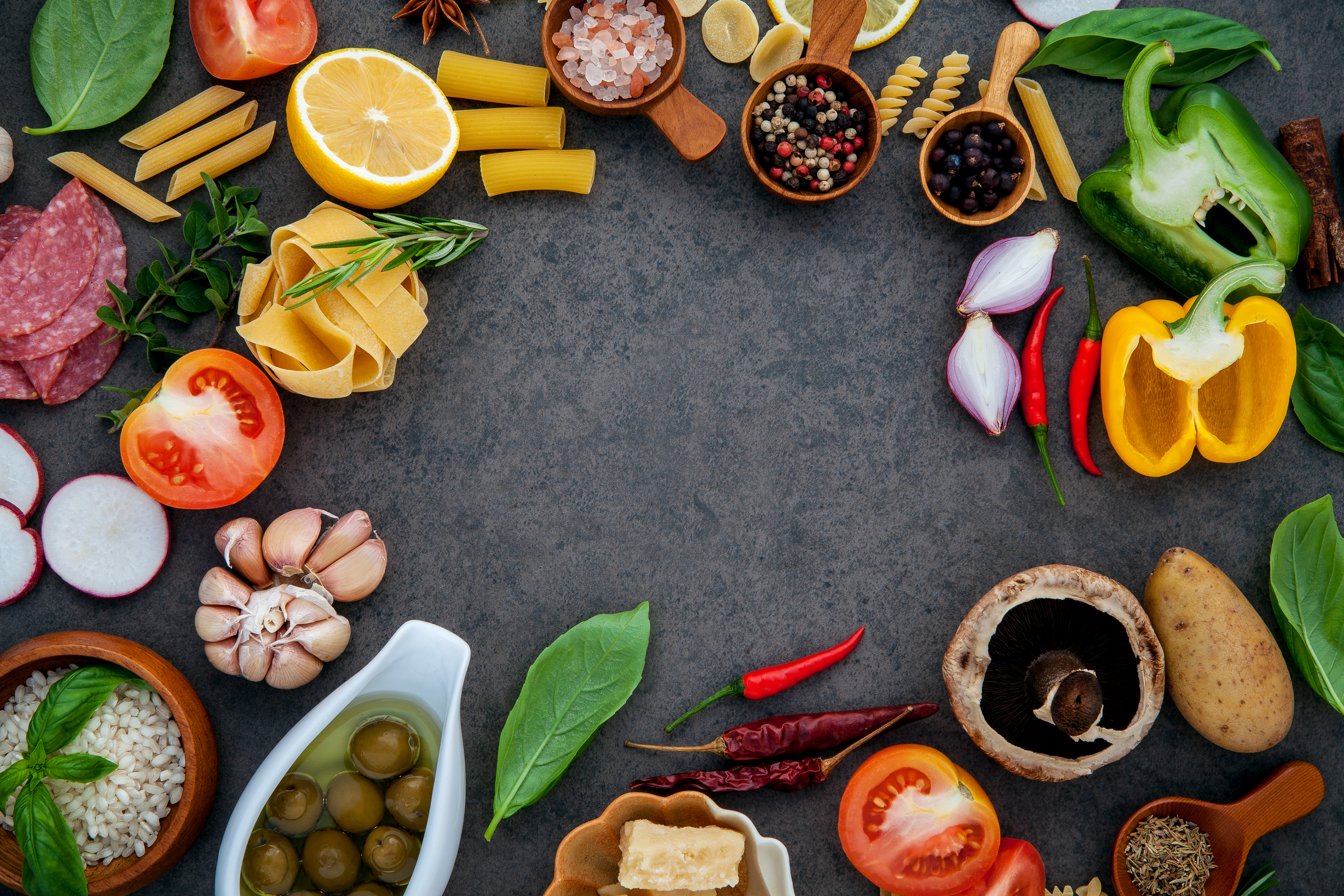
This study evaluates the bacteriological quality of locally produced beverages (kunu, zobo, tiger-nut, and pineapple drinks) sold in Calabar, Niger
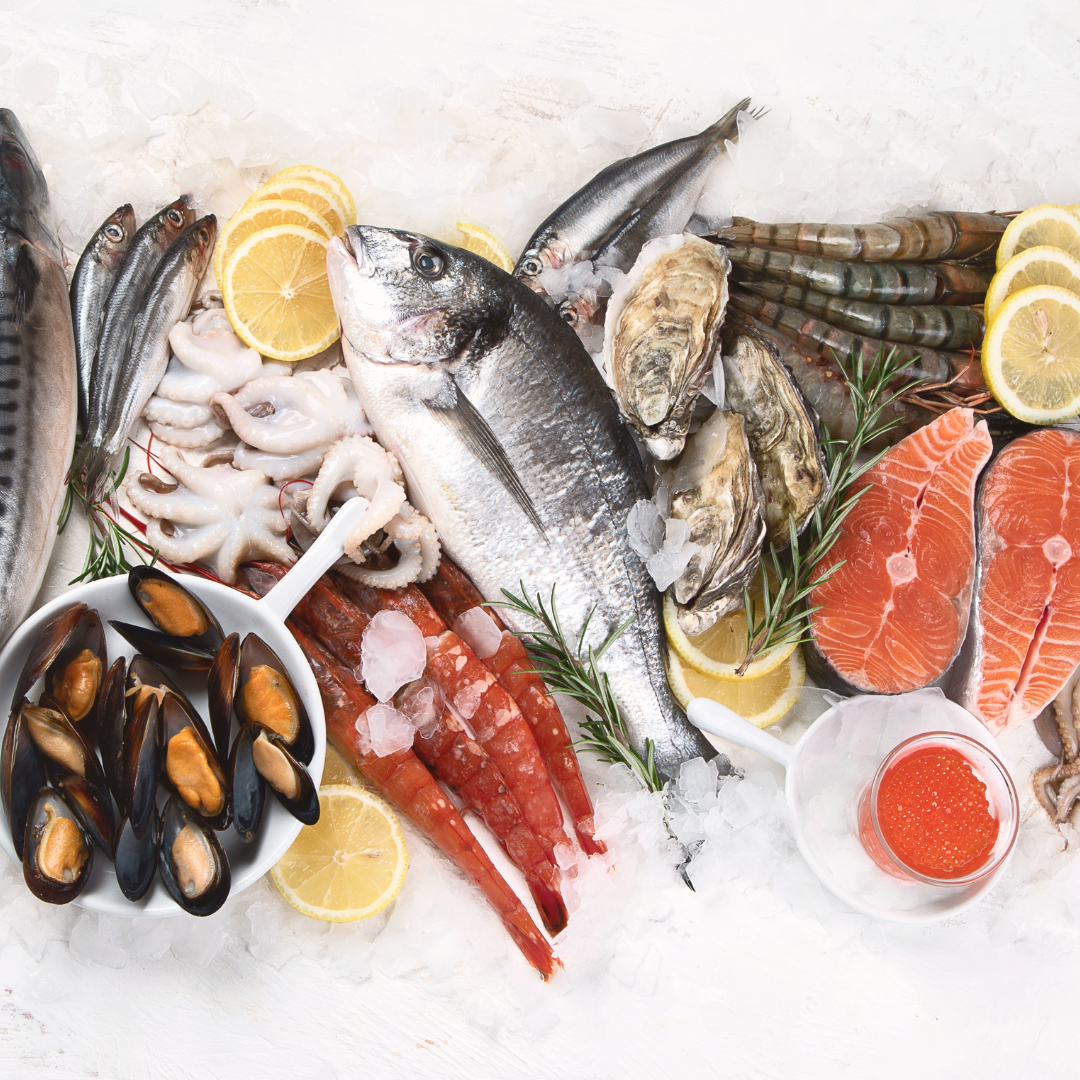
This study identifies significant bacterial contamination in smoked-dried white shrimp from Calabar markets.
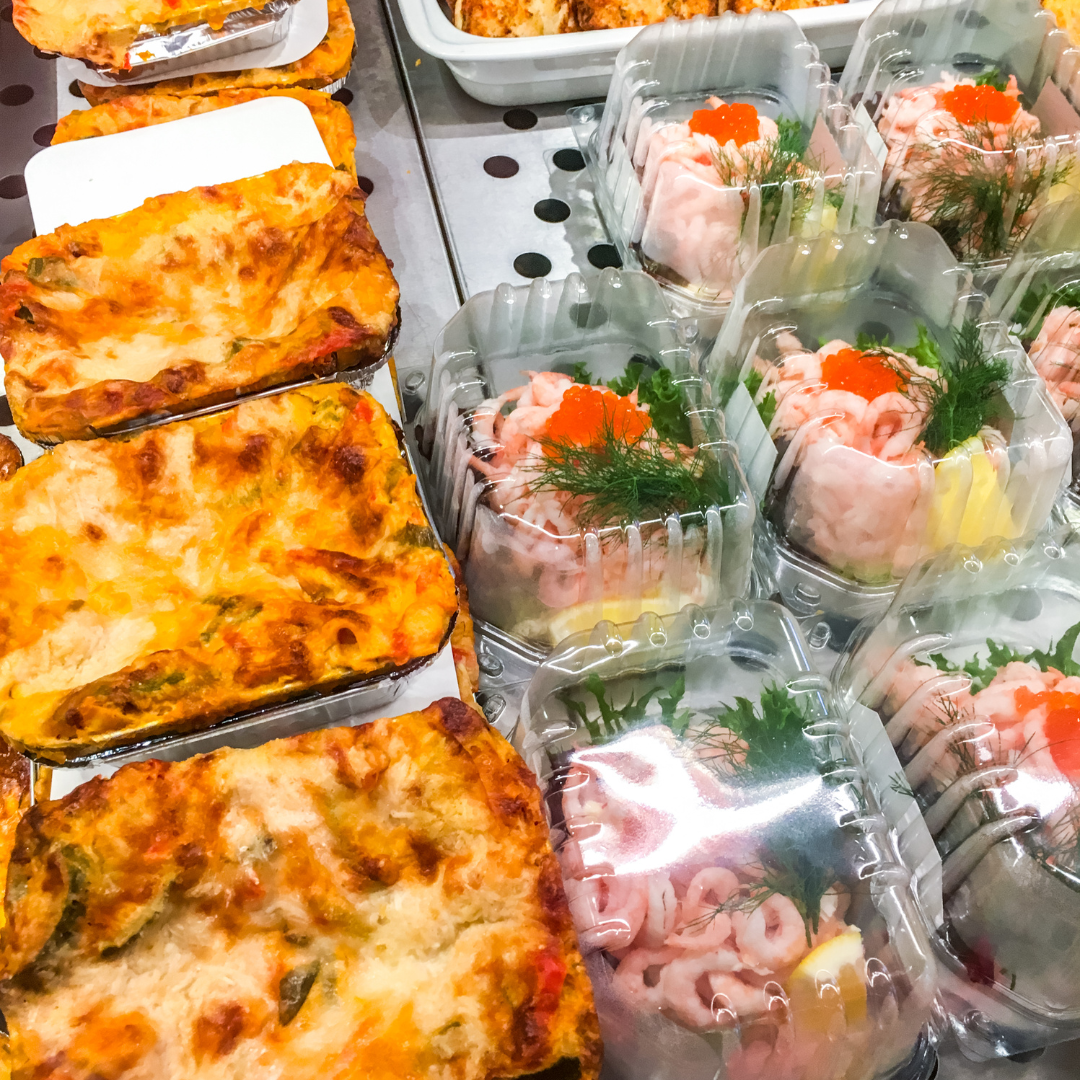
This study evaluates the microbial safety of ready-to-eat fruits from six markets in Port Harcourt, Nigeria.
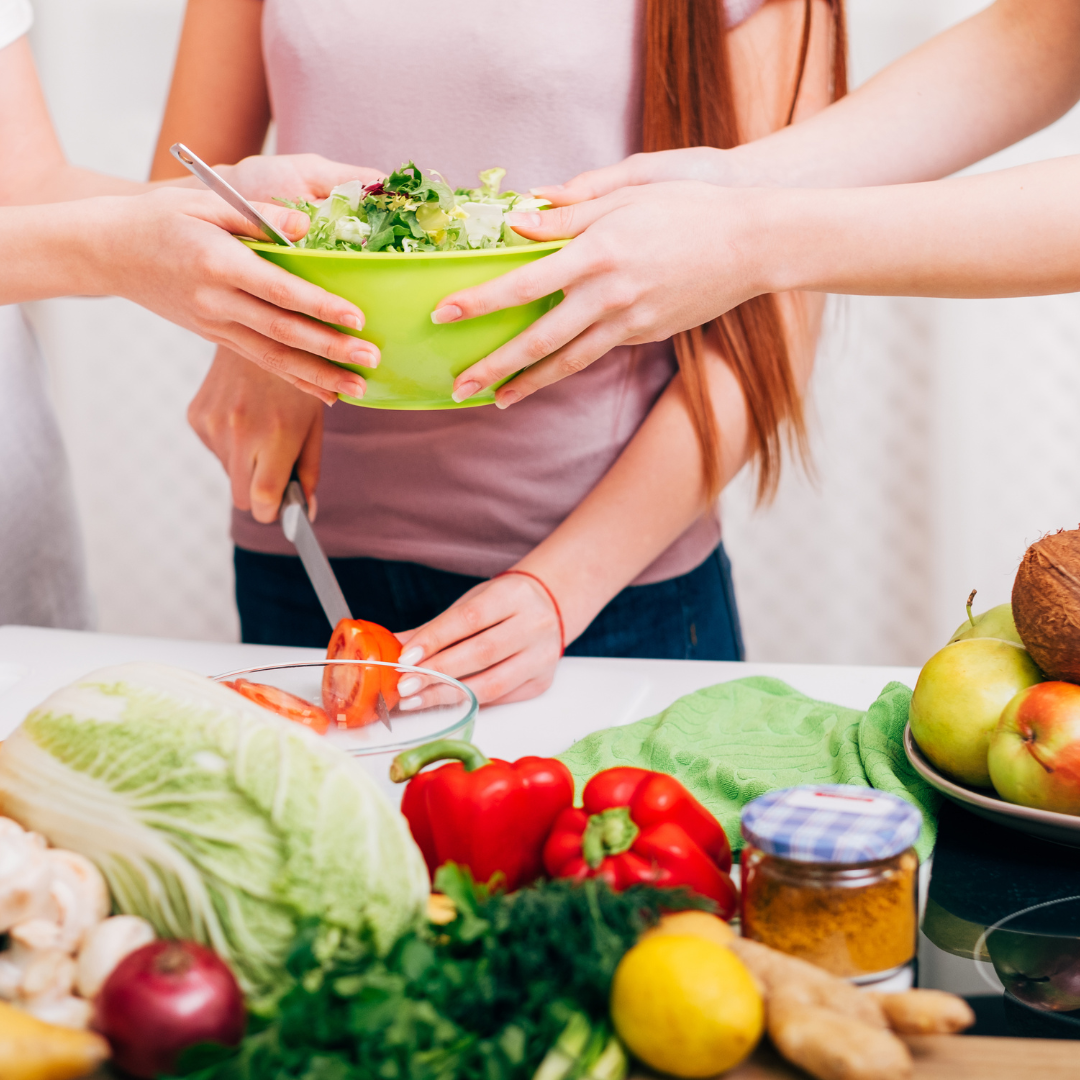
This study investigates bacterial contamination in fruits and vegetables from markets and home gardens in Southwestern Nigeria.
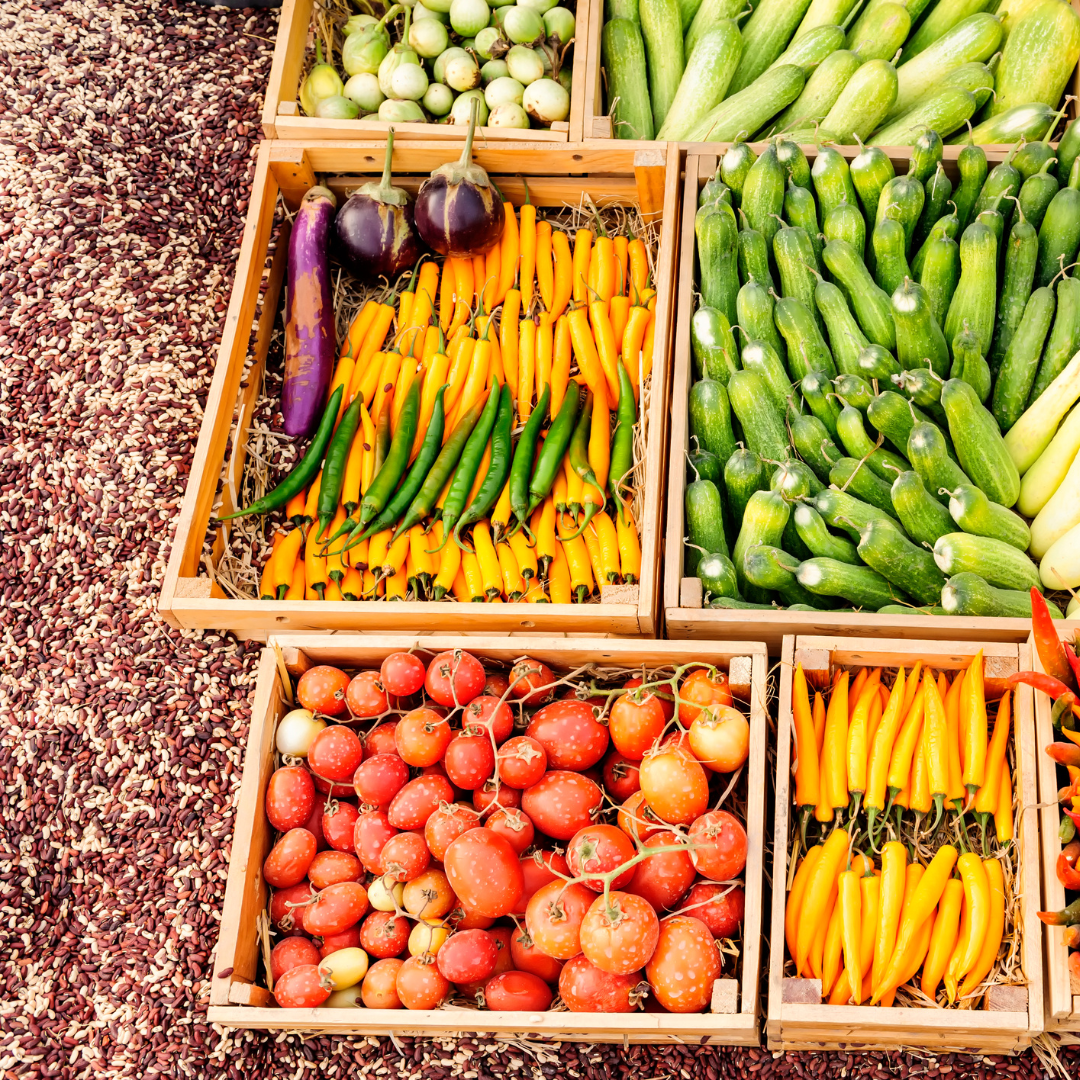
This study examines the effect of participation in social capital networks on maize producers' technical efficiency in Southwest Nigeria.
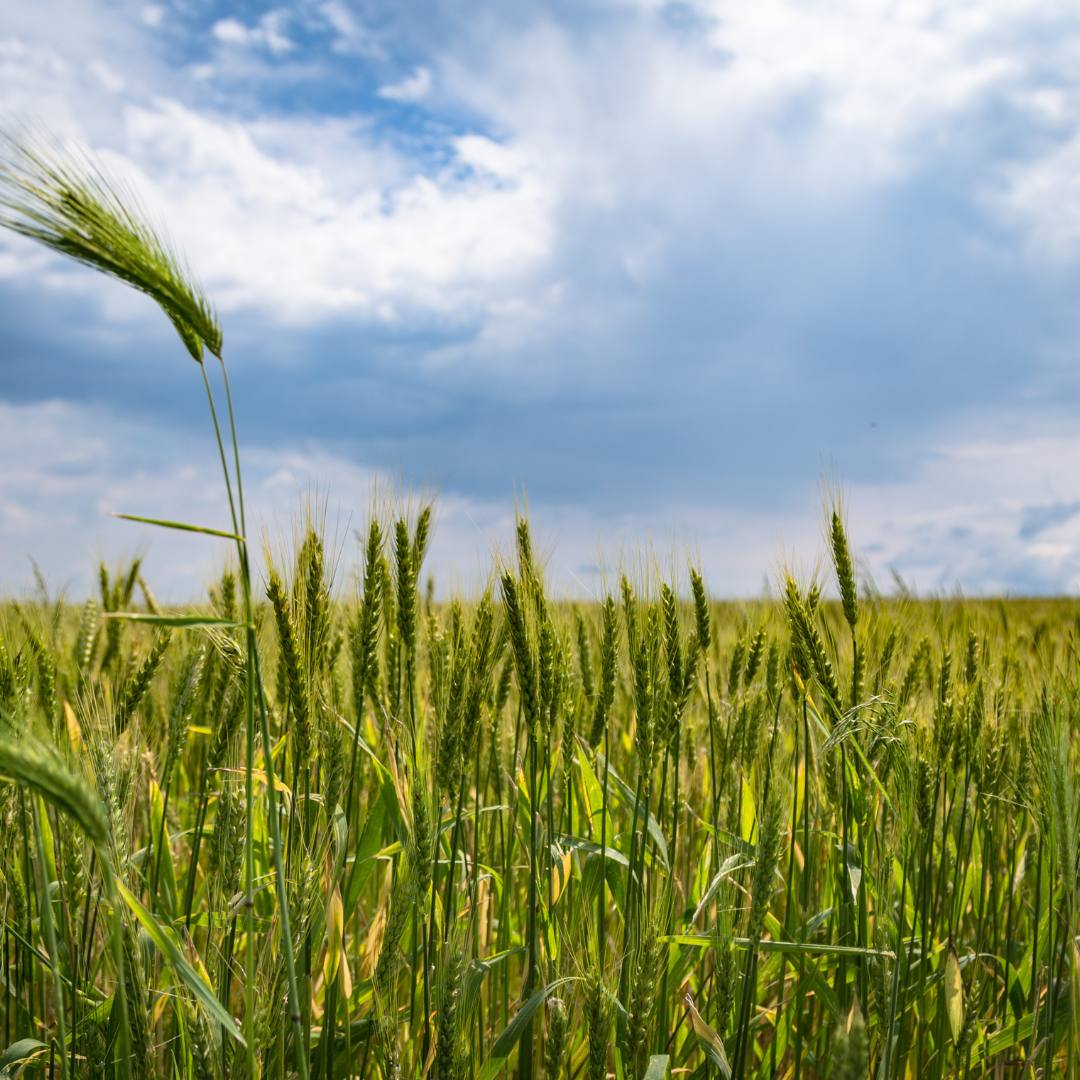
This study examines the simultaneous adoption of drought-tolerant maize varieties (DTMVs) and other climate-smart agricultural practices (CSAPs) am
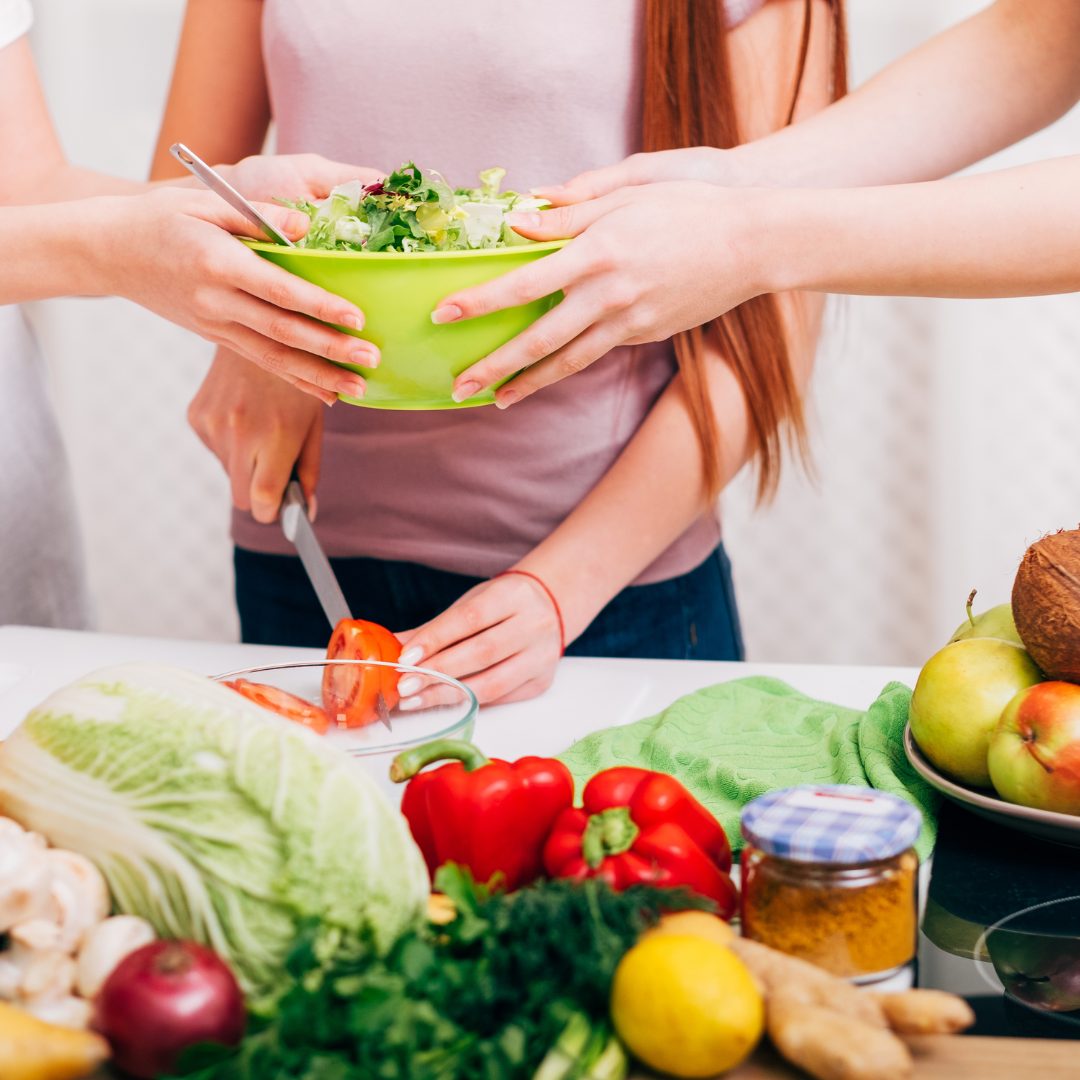
This study examines the relationship between the affordability of healthy diets and food system performance across Nigeria’s states, using a Food S
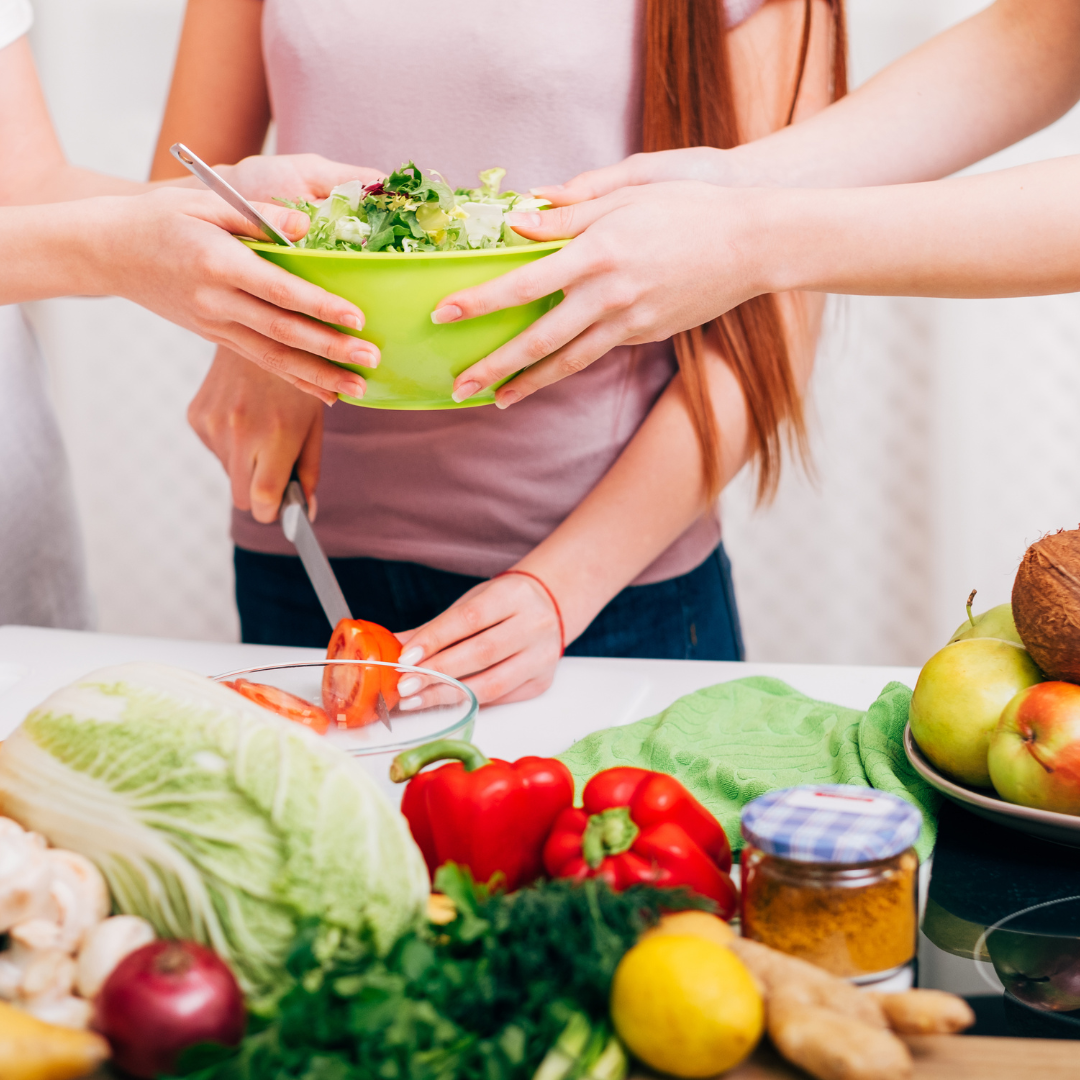
This study examines the food safety knowledge, attitudes, and practices (KAP) of food vendors involved in Nigeria's Home-Grown School Feeding Progr
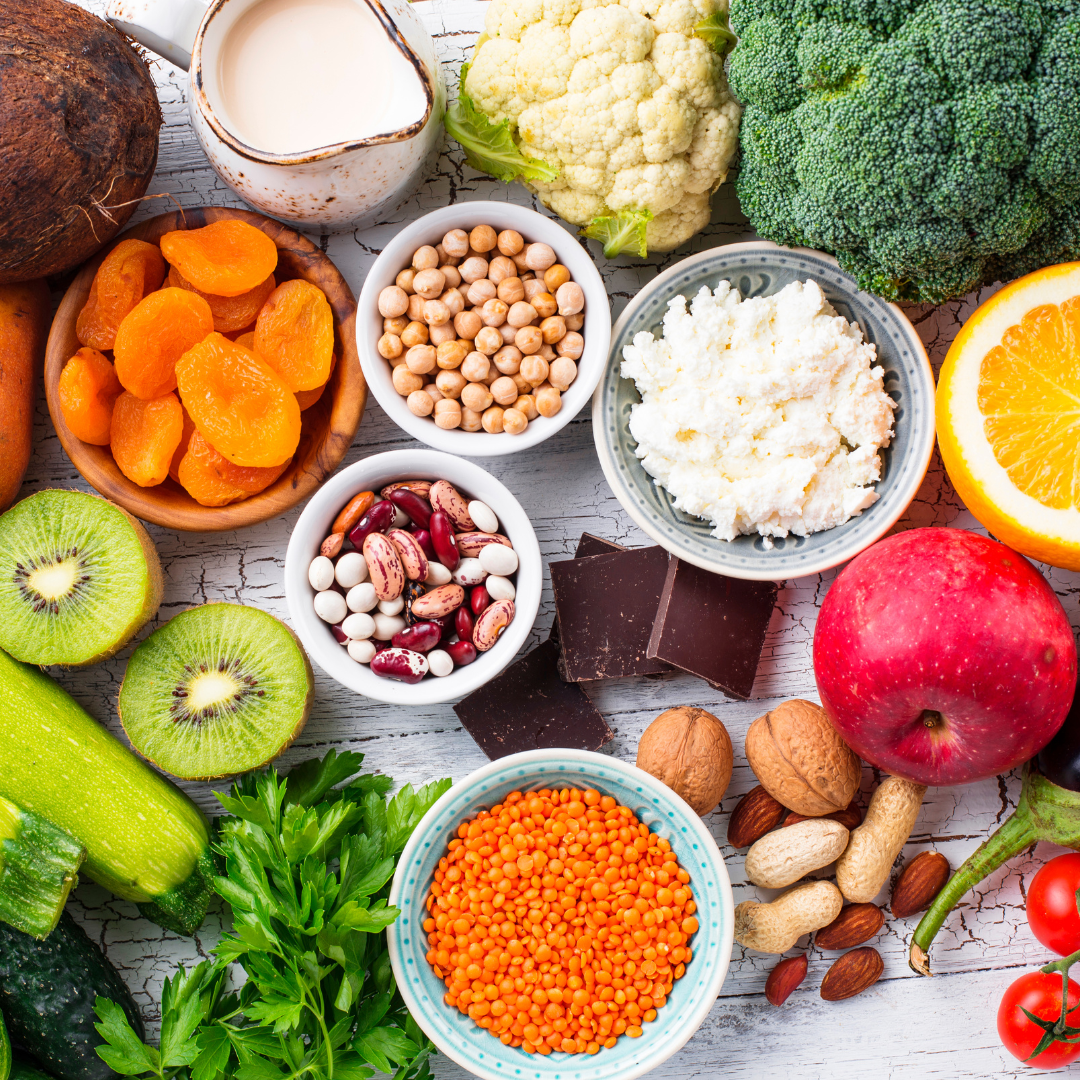
This cross-sectional study investigates the relationship between caregivers’ food safety knowledge, practices, and the nutritional status of under-
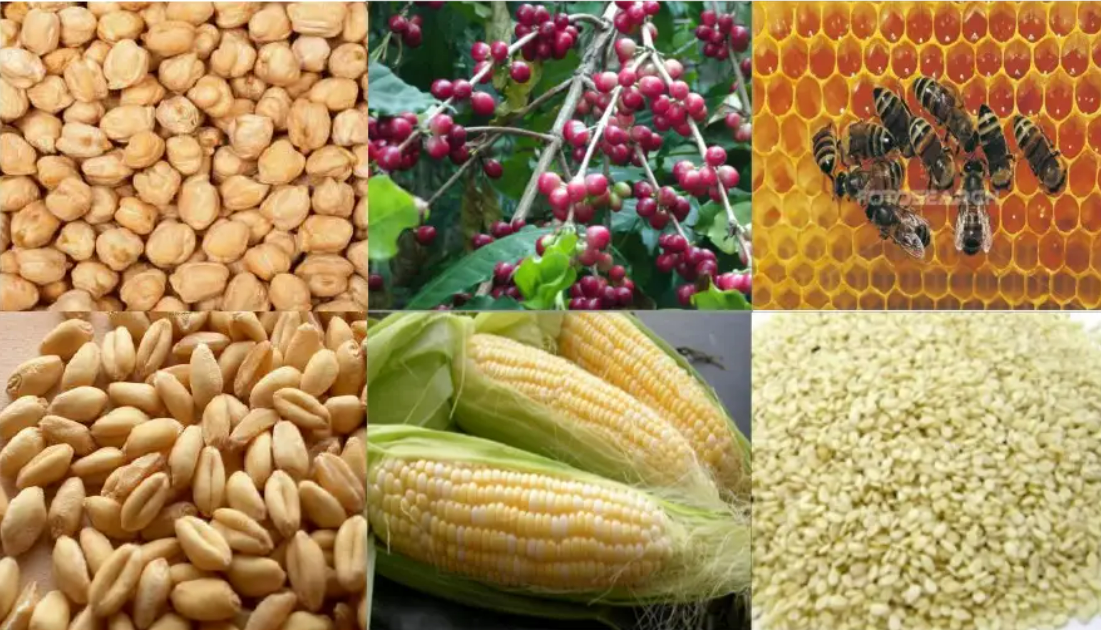
In 2018, GAIN and HarvestPlus created a partnership with the shared ambition to expand coverage of biofortified nutrient dense foods to
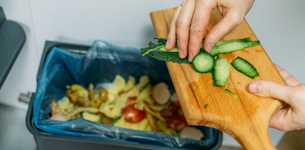
SDG Target 12.3 on Food Loss and Waste: 2021 Progress Report is the sixth in an annual series of publications providing an assessment of the world’

This paper summarises research conducted on the impacts of COVID-19 on LMICs’ food systems.

Third ATNI COVID-19 report highlights corporate responses to the pandemic in India, Mexico and Nigeria.

The SUN Business Network (SBN)/Global Alliance for Improved Nutrition (GAIN), with the support of Resolve to Save Lives, an initiative of Vital Str

In 2018, GAIN and HarvestPlus created a partnership with the shared ambition to expand coverage of biofortified nutrient dense foods to at least 20
This paper by IDH – Sustainable Trade Initiative gives extensive evidence on how to deliver models that provide service delivery to smallholder far
This public private partnership in Nigeria demonstrates what can be done to improve crop safety and reduce the non beneficial impacts of toxic crop
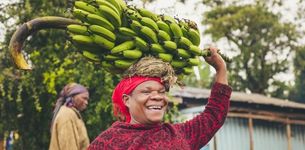
Partnership between Ipsos – a social market and research company, and The Bill and Melinda Gates Foundation.
Multinationals have the power to change people’s relationship with food – as this short opinion piece demonstrates.
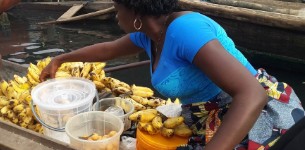
This article from SUN Business Network emphasises that to improve nutrition, especially for the most vulnerable, greater understanding of low-incom
Address by Nigeria’s Scaling Up Nutrition Focal point at Nigeria’s Future Fortified event in 2016.
Briefing by the OECD looking at the rise of African food companies entering global markets, with a case study on Dangote Sugar Refinery in Nigeria.
Micronutrient deficiencies remain a public health challenge globally, especially among developing countries.
The Strengthening African Processors of Fortified Food Initiative is forging new partnerships between business and government.

